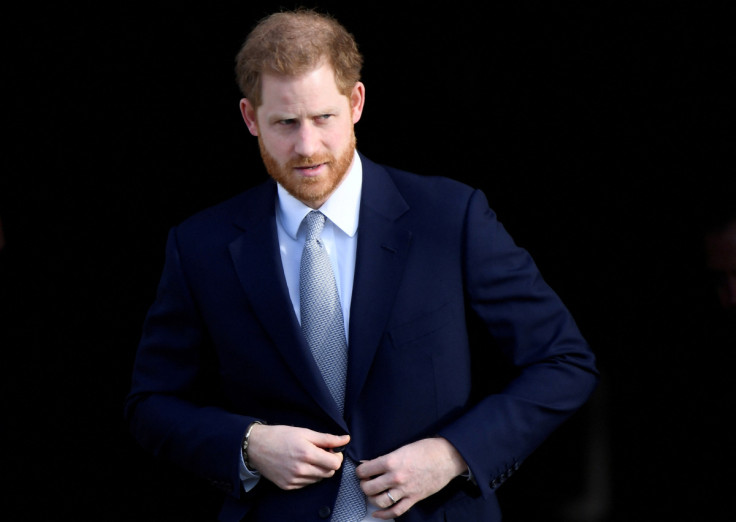Homeland Security sued over alleged 'favoritism' in Prince Harry's visa approval
The Duke of Sussex's US visa approval has been questioned following his drug use admission.

A conservative think tank is suing the United States Of America's Department of Homeland Security over its refusal to open Prince Harry's U.S. visa application for scrutiny over alleged drug offenses.
In his memoir "Spare," the Duke of Sussex admitted that he used illicit drugs during his wild partying days including cocaine, marijuana, magic mushrooms, and ayahuasca in both his home country the U.K., and in America. Since the revelation, many questioned how he was able to get a visa to the U.S.A. at a time when Donald Trump was still the president.
Prince Harry and his wife Meghan Markle moved to their Montecito mansion in Santa Barbara, California in 2020. They now live there with their two children Prince Archie, 3, and Princess Lilibet, 1.
It is unclear what type of visa the 38-year-old received since he is not a U.S. citizen. But conservative think tank The Heritage Foundation is more concerned about what it alleged as "favouritism" in granting the royal a visa in the first place given his past drug use.
Court documents filed by the foundation on May 1 and obtained by Newsweek said the "media coverage" of "Spare" brought the "question of whether DHS's decision to admit the Duke of Sussex into the United States should be reconsidered in light of the Duke of Sussex's most recent admissions to the essential elements of numerous drug offenses both here and abroad."
It added, "This is an action under the Freedom of Information Act to compel the production of information related to DHS's decisions to admit HRH Prince Henry Charles Albert David George of Wales, the Duke of Sussex, Earl of Dumbarton, and Baron Kikell K.C.V.O. ('HRH' or 'Duke of Sussex') into the United States and to allow him to remain to date."
The filing states that media coverage has "directly surfaced questions regarding whether DHS is enforcing the law in a discretionary area consistently, impartially, or is showing favouritism."
The organisation claimed that Prince Harry "has a severely diminished privacy interest" because of the revelations in his memoir. It claimed that the duke has "made the affirmative choice to put almost every aspect of his life on display—including those aspects traditionally kept private by public figures."
Inadvertently, he has also publicised "not only his own most personal and private moments, but also those of HM The King, HRH The Prince and Princess of Wales, and the late HM The Queen. Moreover, these revelations have been made explicitly for massive commercial gain."
In the court documents, the organisation also revealed that the United States Citizenship and Immigration Services (USCIS) were having trouble locating Prince Harry's A-File, " which is deemed a necessary document "no matter how an alien is authorised to enter the Country, they will have an A-File in some form. USCIS makes commonly requested A-Files publicly available in their FOIA electronic reading room."
In early March, The Heritage Foundation filed a Freedom of Information Act (FOIA) request with the Department of Homeland Security, asking for the royal's visa application to be made public. But the department refused citing the duke's privacy.
The Heritage Foundation's stance is Prince Harry violated his own privacy with his intimate revelations in "Spare," thus invalidating privacy concerns as a reason to refuse the publication of his visa application. Among his surprising revelations include his frostbitten penis which he healed using his Elizabeth Arden cream, a favourite lip cream brand of his late mother, Princess Diana. He also talked about losing his virginity to an older woman on a field in the back of a pub and detailed the physical fight he had with Prince William over Meghan Markle in 2019.
© Copyright IBTimes 2024. All rights reserved.






